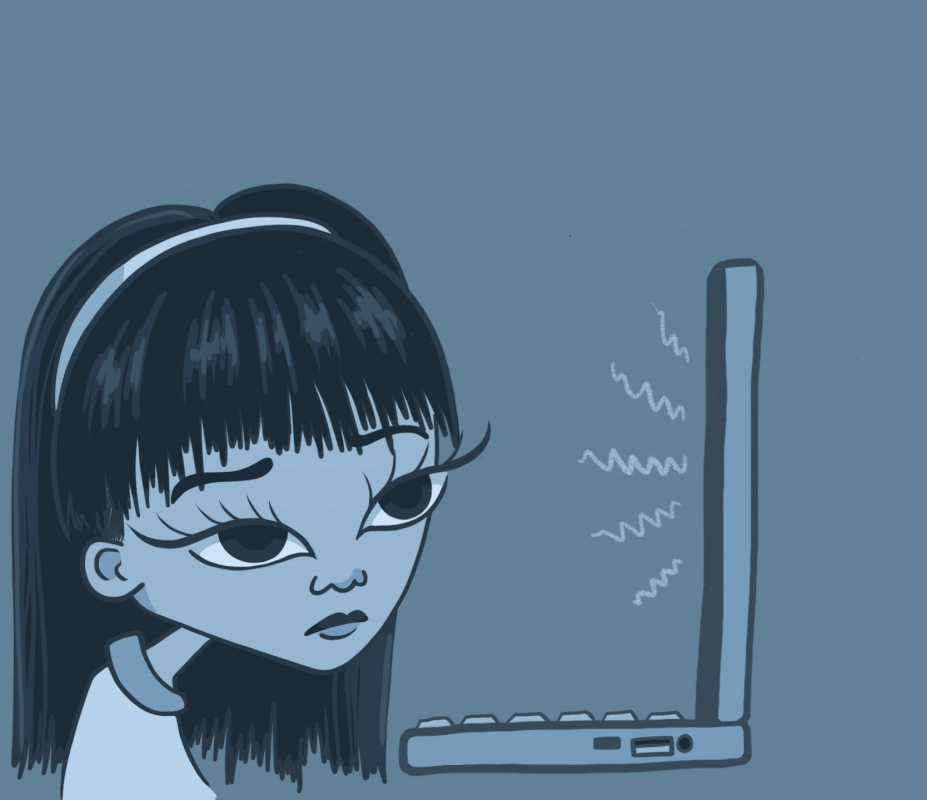The Power of Play: Child Life Specialists Bring Empathy and Agency to a Hospital’s Youngest Patients1/17/2021 By Clare Nimura
When children are faced with serious health problems at a young age, they can undergo medical treatments that are stressful or even traumatic. The support and guidance of a child life specialist can help a child navigate the challenges of illness and have even been shown to improve physical recovery. The Child Life profession has been expanding since the mid-1950s but is still not widely known nor a universal standard for pediatric care. In a perfect world, it would be. Child life specialists provide children with educational and psychological support during their illness by helping them take ownership of their treatment and stay engaged in normal activities, which can reduce children’s anxiety during their time in the hospital.
0 Comments
By Michelle Lu
Every January, people around the world make New Year’s resolutions, either resolving to continue good practices or accomplish a personal goal. Unsurprisingly, as dieting culture becomes more and more popular, weight loss has become one of the most common New Year’s resolutions. In fact, the Centers for Disease Control reported that in 2013–2016, about half (49.1 percent) of U.S. adults tried to lose weight in the last 12 months. By Joshua Yu
A couple of days ago, I was perusing through my Zoom account settings in search for a way to eliminate my awkwardly long middle name from my profile when I stumbled upon a setting that had been automatically selected for me: mirror my video. I thought it was strange that none of the remaining settings had been enabled, so I unchecked the box and logged out, not thinking much about it. By Shivani Tripathi
By now, we all know the drill: wake up, sit at your desk, and open your laptop to watch lectures. Stare at your screen until it’s time to get lunch and then get back on your computer to attend more classes and office hours. Afterwards, read online textbooks to do homework. Click on a Zoom link to join club meetings. When the day ends, watch an episode of Netflix, scroll through social media, and record Tik Toks. Try to fall asleep, with a dull headache and strained eyes. By Charles Bonkowsky
When a massive star dies, it goes out with a bang. Supernovae are some of the brightest objects in space, outputting the energy of entire galaxies over the course of their brilliant explosions—some, such as SN 185 or SN 1066, have been recorded to be visible from Earth during the day despite being thousands of light-years away. Once the dust settles and cools, what’s left behind isn’t nearly as spectacular, but it’s a whole lot stranger. By Eleanor Lin
On July 25, as the United States surged past four million confirmed COVID-19 cases, another disaster was unfolding on the other side of the globe. The ship MV Wakashio ran aground near the island nation of Mauritius. In the following weeks, over 2,000 pounds of oil from the Wakashio leaked into the ocean, polluting almost 20 miles of Mauritius's coastline. By Joshua Yu
As we students continue to adapt to the ever-changing lifestyle of school from home, we have been doing all that we can to stay sane. From sunrise hikes to socially-distanced picnics, immersing oneself in nature has remained the most widely utilized coping mechanism in our quarantined lives. But what if you could bring some of the benefits of the outdoors into your home and workspace? By Elaine Zhu
Moving into the tenth month of the COVID-19 pandemic, many of us have settled into a mundane routine that centers around technology. As a university student, my weekday schedule revolves around online Zoom classes, and even outside of academics, I notice myself spending quite a lot of time on various social media apps. Within the past few months, my phone screen time counter has noticeably increased and I have definitely found my eyes becoming drier and redder at the end of the day. With schools and workplaces transitioning to an online format, the popular online video calling platform, Zoom, jumped 100 million users over just 21 days, which just goes to show how many people are reliant on online software for communication and work. Furthermore, a recent survey reported that there was around a 500 percent increase in online screen time for children. With the continuation of the COVID-19 pandemic and no end in sight, this increased use of technology is straining our eyes, bodies, and overall health. By Aparna Krishnan
The idea of tailoring a disease treatment to your unique genetic, environmental, and lifestyle profile is very promising. This personalized approach to medicine would likely lessen patients’ side effects and increase their chances of survival. In the newly established field of precision medicine, this concept is already becoming a reality. By Tanisha Jhaveri
The Big Bang is perhaps one of the most famous and widely-accepted theories about our Universe, but how strong is the evidence for it, really? |
Categories
All
Archives
April 2024
|










